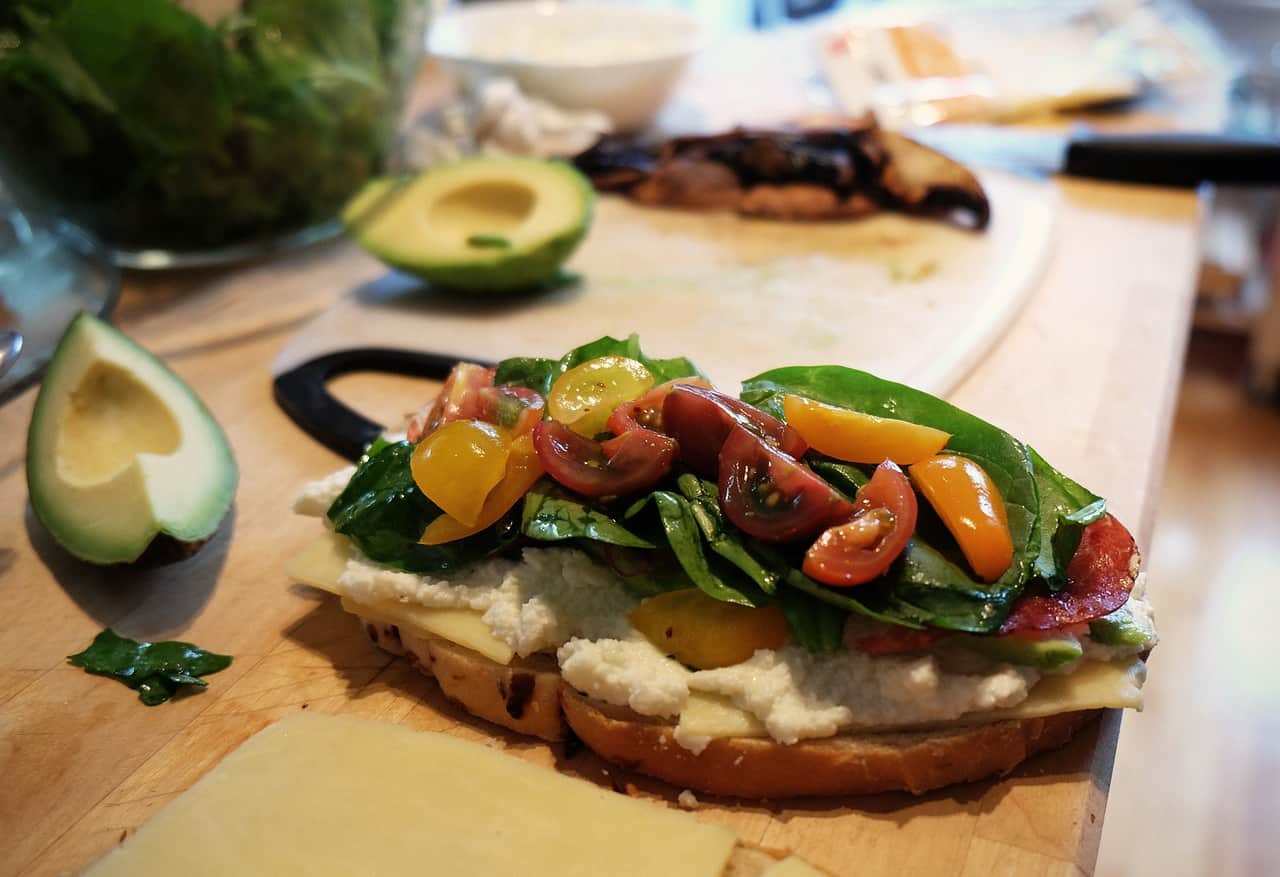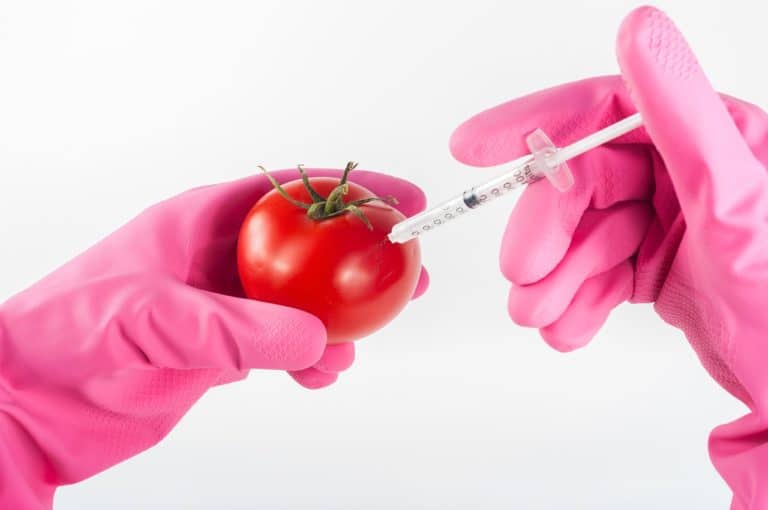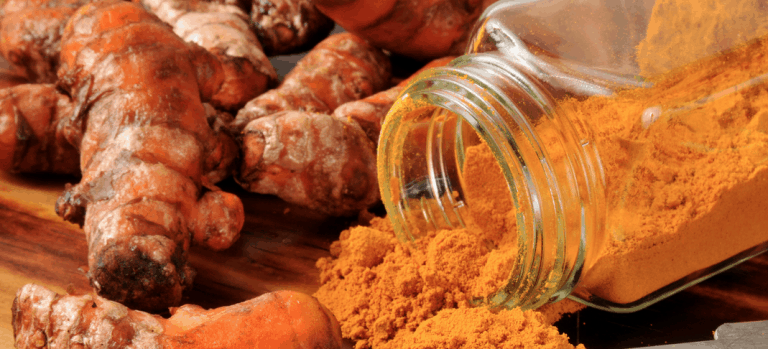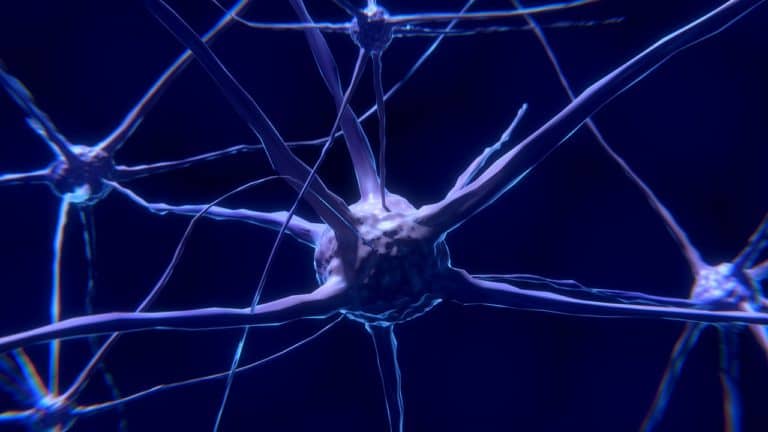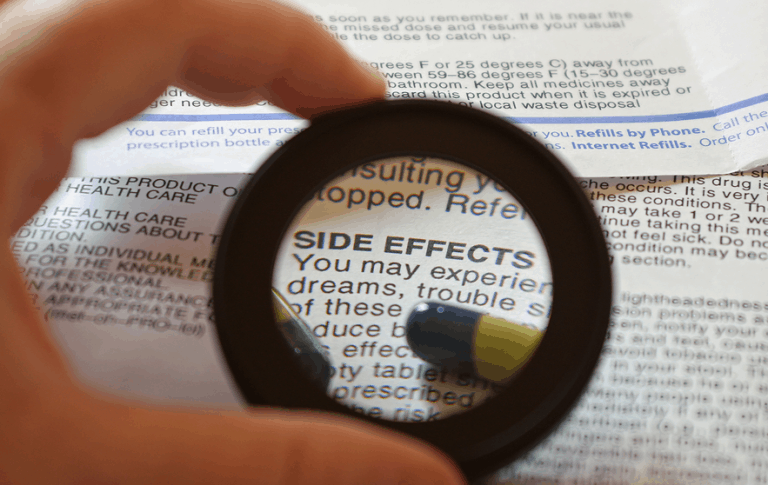With respect to the ancient physician Hippocrates, I paraphrase one of his most famous quotes:
Let food be thy prostate’s medicine, and your medicine be thy prostate’s food.”
A darker admonition comes from an English proverb that I also paraphrase:
Don’t dig your prostate’s grave with your own knife and fork.
Both quotes address the same theme. In terms of the everyday choices we make, the most common factor governing prostate health – and total wellness – is what goes in our stomachs. One of the worst enemies of health is chronic, whole-body inflammation.
Inflammation
Inflammation is the body’s normal response when living tissue is injured. If an injury or infection occurs, the body responds virtually immediately with increased blood flow to the area. This blood flow brings preventive and healing resources from the immune system to resolve the inflammation and damage. As healing progresses, the resources and biochemicals recede. However, if they are forced to linger, they eventually have their own inflammatory effect.
There is a chronic inflammation-causing injury that we unknowingly do that prolongs the problem. It is sneaky, because a) it happens slowly, b) it causes no specific pain or discomfort as it snowballs, and c) it’s part of something essential we do three times a day. We have to eat.
The problem is not THAT we eat, but rather WHAT we eat.
Our Western culture influences us to gravitate toward refined foods, fast foods, sweets and unhealthy fats. When these are a routine part of everyday meals, they gradually transform our biochemistry into a persistent state of whole-body, low grade inflammation that impacts our organ systems. To cope with such broad potential harm, the body is flooded with lingering cytokines (immune system regulators) that actually cause more inflammation and keep it going in a vicious circle that sabotages the body.
Food and inflammation
“Doctors are learning that one of the best ways to quell inflammation lies not in the medicine cabinet, but in the refrigerator,” says Harvard’s Health Newsletter. It’s amazing that Hippocrates recognized this nearly 2500 years ago! Some foods promote inflammation, while other foods and ingredients protect against and even reduce it. Here is a general idea:
Inflammatory Diet
- Refined carbohydrates (white bread, pastries)
- Fried foods, especially deep-fat fried
- Red meat
- Processed meat
- Margarine, lard, shortening
- Sugar-sweetened beverages and sodas
Anti-inflammatory diet
- Green leafy vegetables
- Nuts
- Fish high in omega-3 fatty acids (salmon, mackerel, sardines, tuna)
- Olive oil
- Tomatoes
- Fruits, especially berries
Notice the emphasis on fish high in omega-3 fatty acids, fresh fruits and vegetables, nuts and whole grains. What is called the Mediterranean Diet is a great example of packaging all this goodness in one eating plan.
What happens if we continue eating inflammatory foods?
We have enough research evidence to understand that eating inflammatory foods is basically digging our grave with our own knife and fork. Chronic, low-grade inflammation is associated with two major conditions that promote cancer, including prostate cancer:
- Inflammation can drive cell mutations through damage to their DNA. While it does not inevitably cause cancer to originate, it fosters conditions of genetic instability.
- Just as dangerous as sparking cancer to begin, chronic inflammation fosters tumor growth. The cancer cells are able to co-opt cytokines and opportunistically manipulate their biochemical messages to serve their own tumor growth purposes.
There are other conditions in our daily lives that make men vulnerable to prostate cancer, but there is no doubt that eating inflammatory foods is a set-up for prostate cancer and other risks.
How can you measure the impact of your diet on your prostate?
Fortunately, there is now a way to evaluate how much your food choices contribute to controlling prostate inflammation. It’s the Dietary Inflammatory Index (DII). A team of researchers analyzed and scored which food plans upregulate (encourage) or downregulate (discourage) inflammation. They developed a comprehensive table that assigns scores to the fast food diet, Mediterranean diet, and macrobiotic diet. Not surprisingly, fast food diet scored +4.07 (strongly encourages inflammation) while the other two strongly discouraged it (Mediterranean -3.96, macrobiotic -5.54).
According to a 2018 study that correlated DII scores with the chances of developing prostate cancer, the authors calculated the risk as “…9% higher for each one-point increase in the score.” Thus, reducing inflammation by eating an anti-inflammatory diet has a preventive value.
Of course, changing a lifetime of eating habits is not easy, but it’s worth it. So is adding green tea and foods rich in lycopene. While studies have shown that daily use of over-the-counter anti-inflammatory drugs may reduce prostate cancer risk, I don’t recommend this since daily use for this purpose is linked with other problems. I believe the wisdom of Hippocrates prevails. Reducing inflammation in your body is not only good for your prostate, it benefits all major systems: cardiovascular, endocrine, neurological, lymphatic, etc. Promote your body’s and prostate’s best functioning by turning to your kitchen, not your medicine cabinet.
Copyright by Dan Sperling, MD. Reprint permission courtesy of Sperling Prostate Center (New York, Florida), the leading U.S. center for multiparametric detection, diagnosis and image-guided focal treatment of prostate cancer

